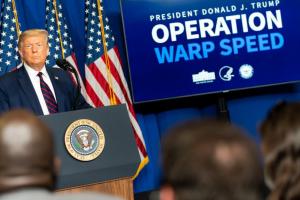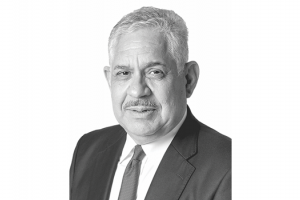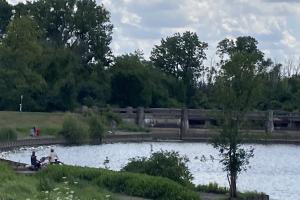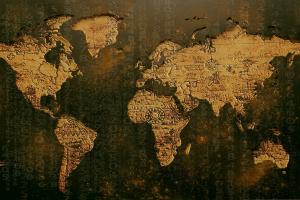Pulse: Asia
EconVue Spotlight - Operation Warp Speed October 31, 2020
Halloween weekend seems a good time to try to look past fears about the US elections to the lingering challenges that continue to haunt the global economy. As COVID cases accelerate, the hope that this disease would burn itself out has vanished, and a lasting economic recovery seems to hinge on finding a vaccine. Beyond distribution, costs, vaccine reticence, and logistics, what are the hurdles we face once a preventative inoculation has been found?
How the Chips May Fall - EconVue Spotlight - September 2020
Charles Kupchan has a new book coming out on October 1st about the history of isolationism in the US. Ever since George Washington advised his new country ‘to steer clear of permanent alliances with any portion of the foreign world” the US has historically been a place people went to in order to escape disruption.
A Post-Abe Japan in the Reiwa Era
Eleanor Shiori Hughes, an MA Candidate in Asian Studies at Georgetown University's Walsh School of Foreign Service (SFS), reported on a recent CSIS webinar entitled "Japan After Abe: Legacy and Next Moves", where the panelists discussed PM Abe's announcement to resign from his premiership and what Japan's domestic and foreign policy imperatives will look like once his successor has been determined.
Food inflation threatens lives and economic recovery - Financial Times
Shortages are a window on to the challenges facing the post-pandemic world economy. This article originally appeared in the Financial Times.
It’s a sign of the times. In China, teachers are gobbling up the leftovers from their students’ lunch plates, on the spot. Their diligent economising follows an exhortation by President Xi Jinping that the nation needs to reduce food waste, in part to increase Chinese food self-sufficiency.
No Quiet Monument: EconVue Spotlight
Last weekend I drove through the Skokie Lagoons, just north of Chicago. They are both beautiful and manmade, created literally from the sweat of the Great Depression. Four million cubic tons of soil were removed to form a series of lagoons from the existing marshlands. It was one of the largest public works projects of FDR's Civilian Conservation Corps, employing thousands of men, including three African-American construction companies. Started in 1933, the project took until the beginning of the US entry into World War II in 1941 to complete.
Are We There Yet? EconVue Spotlight - June 2020
Yesterday Peter Navarro declared that the US-China trade deal was dead in the water, which his boss quickly walked back on Twitter. In a world of global threats, should bilateral disputes remain our focus, or are we wasting precious time? As I wrote for the G7 Research Group:


 by
by 
 by
by 


 by
by 




